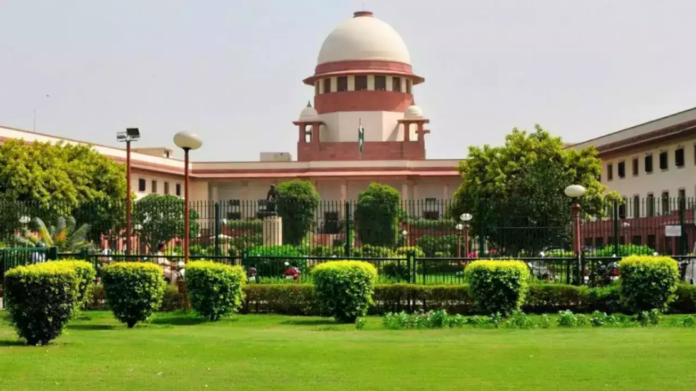The Supreme Court today paused an Allahabad High Court order scrapping the UP Board of Madarsa Education Act, 2004, providing much-needed relief to approximately 17 lakh madrassa students in Uttar Pradesh.
This keeps the state’s 16,000 madrassas operating in accordance with the 2004 law. A bench led by DY Chandrachud the Chief Justice of India said that the Uttar Pradesh HC’s decision was prima facie not correct. And it issued notices to the UP and central governments, and the Madrassa board.
The 2004 law was deemed “unconstitutional” by the high court last month for going against the secularism principle. The government was then ordered to allow madrasa students to enroll in regular classes.
The Supreme Court postponed it on Friday, stating that the Madrassa Board’s goals are primarily regulatory in nature and that secularism will not be impacted by the board’s creation. “The high court, in striking down the provisions of the Act, directed the relocation of the students. This would affect the 17 lakh students. We are of the view that direction of relocation of students to other school was not warranted,” said the Chief Justice.
The Madarsa Act 2004’s provisions would not need to be repealed if the PIL’s goal is to guarantee that madrassas offer secular education in subjects like math, science, history, and languages, he continued.
Representing the madrassas, senior advocate Abhishek Manu Singhvi contended that religious education cannot equate to religious instruction and that 10,000 madrassa teachers and 17 lakh students will be left in the dark by the high court’s ruling. However, the state administration claims to have prepared plans for the educators and pupils.
Mr. Singhvi, said it was incorrect to say that madrassa education lacks universality, breadth, or quality. He noted that the Supreme Court had declared in the Aruna Roy v. Union of India, 2002 ruling that it is discriminatory to single out madrassas for prohibition.



